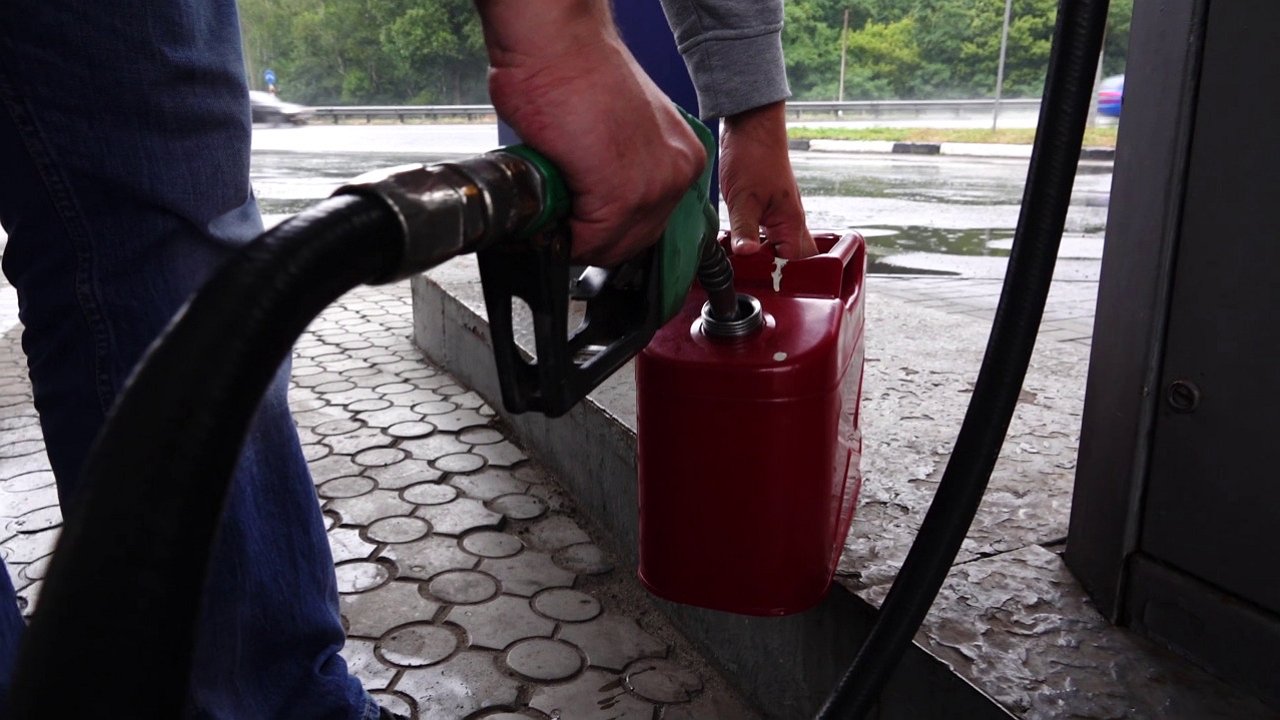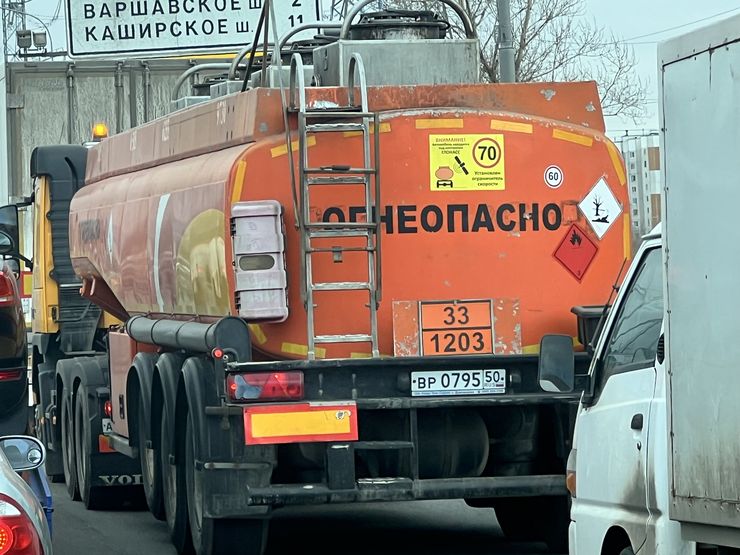For example, the chairman of the A Just Russia party, Sergei Mironov, proposes to introduce strict regulation of prices for petroleum products by amending the Law “On Trade”. Granted, as a temporary measure. In his opinion, “the annual increase in the cost of petrol, diesel and kerosene should not exceed the expected inflation rate set in the federal budget for the next financial year.” With his bill, the deputy proposes to organize clear algorithms for predicting the operation of refineries, introduce a mechanism to saturate the domestic market with sufficient quantities of fuel to prevent price increases, and also establish a system of guidelines for the main suppliers of petroleum products.
And deputies of the Liberal Democratic Party submitted a bill to the State Duma that would introduce a mechanism for the highest possible retail prices for diesel and gasoline. In other words, fuel costs at a gas station cannot exceed the maximum allowable limit approved by the government for a given period. However, it is worth noting that if the law is passed, oil workers will mainly export crude oil abroad. At worst, they will simply reduce production levels. And we think you already understand how this will end.
That’s right: a drop in tax contributions to the state dal and the emergence of a new crisis on the fuel market. However, it is certainly not slowly but surely gaining momentum. As already mentioned, fuel prices are rising chaotically, which directly affects the country’s economy. An abrupt increase in price lists immediately affects the increase in logistics costs and, as a result, leads to an increase in the cost of everything, including essential goods and food. Moreover, regardless of domestic and global oil prices, the price of fuel in Russia continues to rise.














